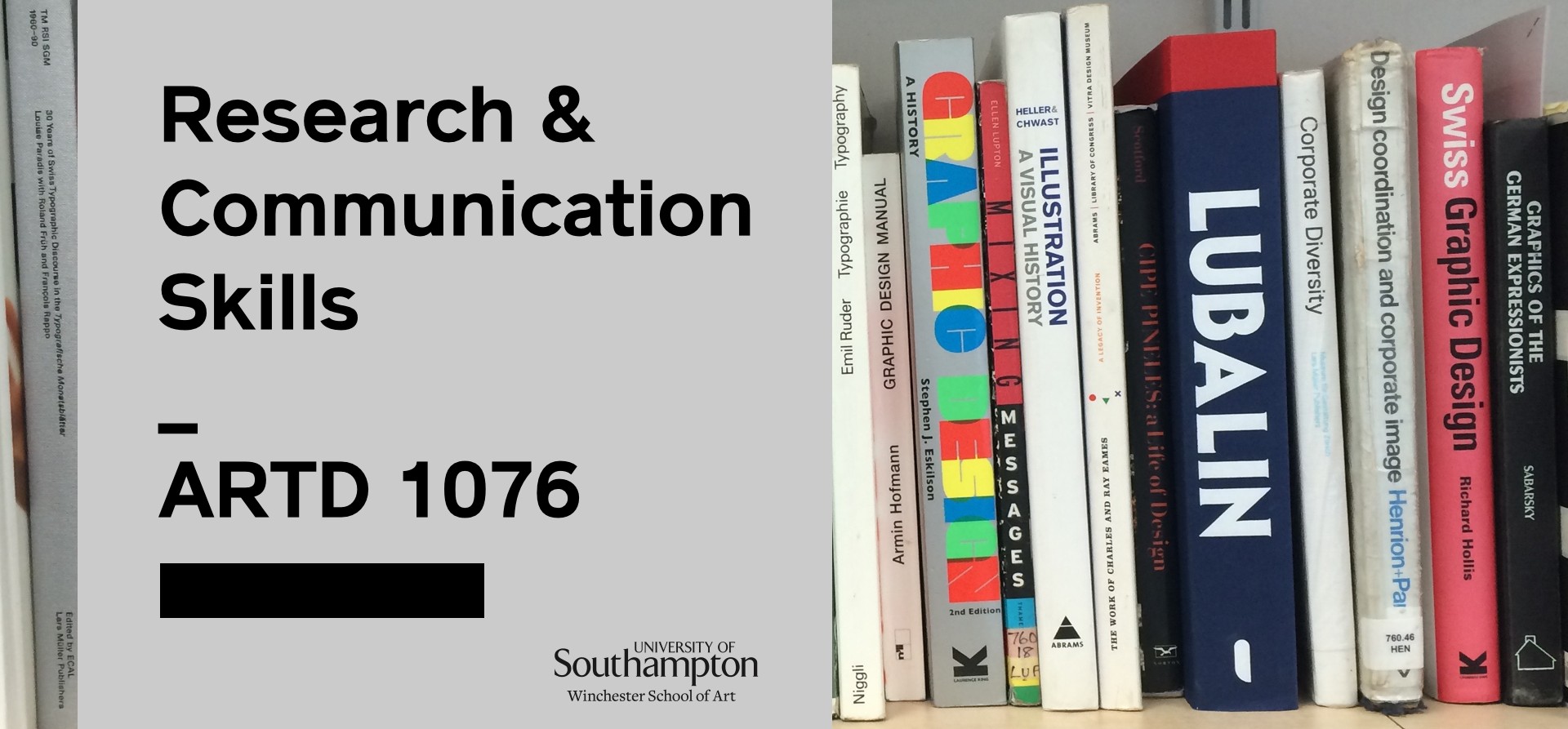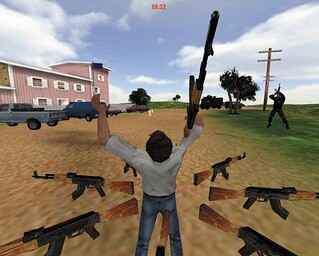Reflective statement
After having completed the 6 tasks, I have learnt much about how I approach questions and my thinking process.
Something I realised almost straight away was that I have too much of a reliance on using my own knowledge to answer questions. I examples I wanted to include were all experiences of my own, which I now realise is quite a narrow-minded approach to answering a task. I believe I amended this when answering the question “Is it still possible to be truly Avant Garde?”, in which I used the book “How Game Move Us” by Katherine Isbister to research potential games that showed evidence of innovation and original ideas. It was through her analysis of Waco Resurrection that I chose that particular game, as she mentions that it “exposes the potential of games to reopen problematic cultural episodes, towards deeper understanding and continuing conversation.”. Through this experience I better see the importance of research, as it better helped to bolster my argument.
A positive experience I gained from the tasks was looking deeper into the games I already play, and through questioning elements of these games I discovered things about them I had never thought about. For example, researching about the UI of Hearthstone, specifically from Derek Satamoto’s talk at GDC 2015 made me see the game for the first time as a designer, not a player. Understanding how important UI is to make a smooth and enjoyable experience for the player has made me question design choices more often when playing games, and has already impacted my thought process for the current HitchBrick project. As the designer of the team, I have considered carefully every aspect of the UI, designing it in such a way as to not break the player’s immersion from the game, and to make it as accessible and easy to figure out as possible.
Another example that made me look deeper was analysing the AI for the guards in Dishonored. From reading “Human Behaviour Modelling in Games using Agents” by Susantha Andradi, Asoka Karunananda, and Romesh Ranawana, I learned about how incorporating real human behaviour into NPCs can create more immersive and engaging experiences. Transferring that knowledge to Dishonored made me see flaws in the AI I had never considered before, for example, the lack of variety of personalities between guards.
After reflecting back on my work, an improvement I could make for the future would be to give more evidence to back up my arguments. I feel that for many points I’ve made, they are simply backed up by my own opinion, which is not optimal for a thorough investigation into these tasks. Next time I will find more sources that either agree with my arguments or offer a different insight, which I could make judgements on.
http://www.gdcvault.com/play/1022036/Hearthstone-How-to-Create-an





/cdn.vox-cdn.com/uploads/chorus_image/image/55300423/TheLastNight_03_cropped.0.jpg)


